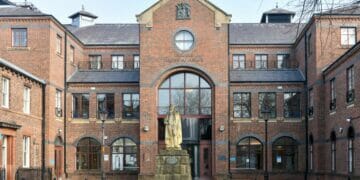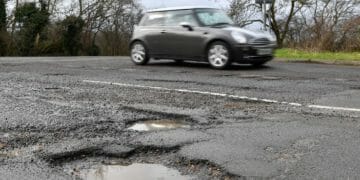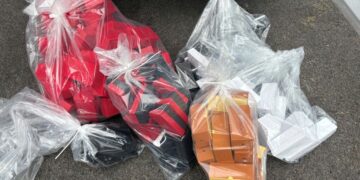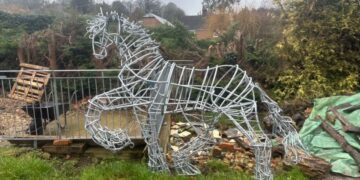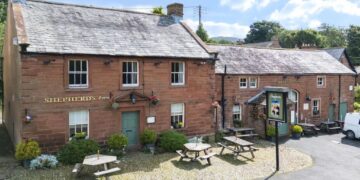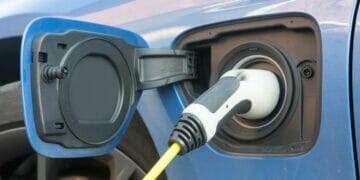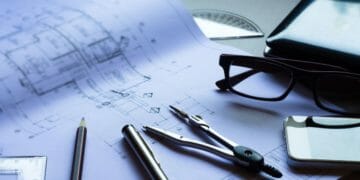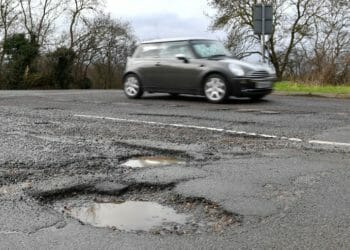
In order to avoid HMRC penalties it is important to record expenses and claim VAT correctly for your farm business.
Genuine mistakes do happen but there are some things to bear in mind that will help minimise the chance of triggering an inspection.
Farm v private expenses
Your VAT claim needs to reflect the expenses that are business related and those that also cover personal use.
One of the first things an inspector will look at is if the business has claimed VAT on items that are for personal use or those that have joint business and personal use, such as energy and vehicle costs.
When it comes to claiming VAT on electricity and oil, a 60/40 split is often acceptable, with 60 per cent of the fuel costs allocated to the business and 40 per cent for the household.
HMRC will generally accept 50-75 per cent for business, but if it you were to claim for a percentage at the higher end you must have good evidence and a clear argument to support this.
For vehicles that have dual farm and private use, a farmer has two choices – keep a detailed record of business and private journeys and claim the appropriate percentage, or apply HMRC’s fuel scale charge.
This allows you to claim back all the VAT on motoring costs in exchange for paying over a fixed charge for each vehicle.
Another area that comes under scrutiny from HMRC is feed and vet bills for non-farm animals.
There is no reason for VAT to be claimed for any costs of household pets.
Claim the correct rate of VAT
There are three rates of VAT in the UK for different goods and services:
- Standard rate – 20 per cent
- Reduced rate – 5 per cent
- Zero rate – 0 per cent
Some things are also exempt from VAT and mistakes often occur between those that are exempt and zero-rated.
This is crucial in determining whether VAT on expenses can be reclaimed or not.
Check you have the correct VAT codes, and use them consistently when entering your expenses into your accounting software as this will ensure you are not overpaying or underpaying VAT.
For example, while you are not required to charge VAT on food items you produce, such as livestock, milk, eggs and crops, you can claim back the VAT paid on the costs of producing those goods.
This is different from exempt services and goods such as cottage rents and finance income, where VAT and expenses can only be reclaimed if it is with the de minimis limit – see below.
You do not need to enter BPS receipts on your VAT return as this is classed as ‘outside the scope’.
Likewise, staff wages and employment tax payments fall outside the scope of VAT.
The de minimis limit
Small businesses are able to recover input tax related to exempt supplies if those amounts are within the de minimis limit – this is £625 a month on average and is no more than half the total input tax incurred.
For example, a business that reclaims £3,000 of VAT on farm expenses each quarter is about to reroof one of its rented cottages.
The de minimis limits have to be applied to each VAT return, and an annual calculation has to be undertaken.
This means that if the VAT on the cost of reroofing and other cottage costs are more than £1,875 in any VAT quarter, none of it can be to be reclaimed.
However, if the total VAT relating to the cottage and other exempt supplies is less than £7,500 for the whole year, it can be reclaimed at the end of the year.
You might want to consider spreading the cost over two or more VAT years to ensure all the input VAT can be reclaimed on larger or more costly, projects.
Taking care will pay off
While some of these mistakes are common, they are easily avoided. Getting it right will ensure you are compliant with VAT regulations but will also avoid disrupting your cash flow if you need to wait to file a refund or have to pay a penalty.
VAT mistakes can also occur around hire purchase agreements, part exchanges and the incorrect recording of reverse charge services.
Meanwhile, a quarterly tax return including a VAT claim for expensive machinery or equipment could prompt HMRC to get in touch.
To avoid such mistakes
- Make sure VAT invoices are correctly entered into your accounting software and use a package that is specifically designed for farm businesses
- Keep good records of all business expenses, including VAT
- Review your VAT return regularly
- Seek professional advice on VAT matters if you need assistance or information about the latest changes to VAT legislation
If you are unsure of the correct VAT codes to use when submitting your VAT return, or would like more support please get in touch.
Call 0808 1445575 or email help@armstrongwatson.co.uk

